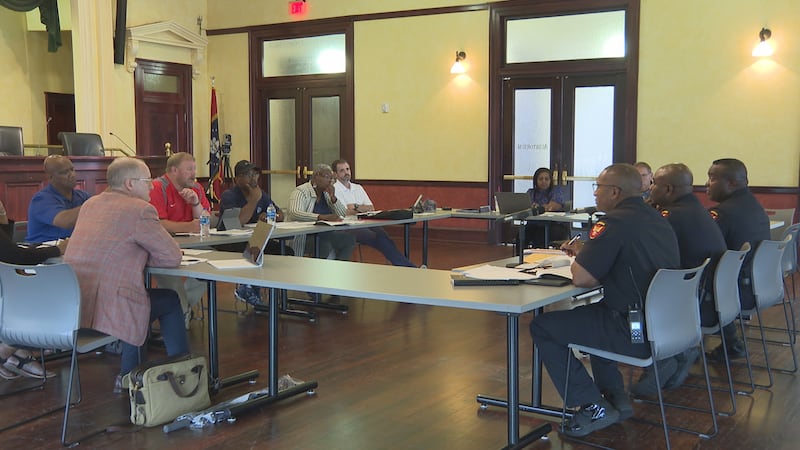New Israeli Settlements Spark Outrage: Will This Bury the Two-State Solution?

Israel’s far-right Finance Minister, Bezalel Smotrich, has ignited a firestorm of controversy with the announcement of plans for new West Bank settlements. The move, widely condemned internationally, has been explicitly linked to the notion of undermining the possibility of a future Palestinian state. This development raises serious questions about the stalled peace process and the future of Israeli-Palestinian relations.
A Bold and Contentious Declaration
Smotrich, a key figure in Prime Minister Benjamin Netanyahu’s coalition government, declared the settlement construction initiative with a provocative statement: “This project buries the idea of a Palestinian state.” The announcement, made on Monday, immediately drew criticism from Palestinian officials, international organizations, and numerous world leaders.
The Details of the Plan
While specific details regarding the number and location of the new settlements remain somewhat unclear, reports indicate that the project involves expanding existing settlements and potentially establishing entirely new ones in the West Bank. The West Bank, along with East Jerusalem and the Gaza Strip, are territories occupied by Israel following the 1967 Six-Day War. Palestinians seek these territories for the establishment of an independent state.
International Condemnation and Legal Challenges
The international community has consistently condemned Israeli settlement construction in the West Bank, citing violations of international law and obstacles to a two-state solution. The United Nations Security Council has passed numerous resolutions demanding a halt to settlement activity. The International Criminal Court (ICC) is also investigating potential war crimes related to Israeli settlement policies.
“This decision is a blatant disregard for international law and a deliberate attempt to undermine the prospects for peace,” stated a spokesperson for the Palestinian Authority. European Union officials echoed this sentiment, expressing “deep concern” and urging Israel to reverse its decision.
The Two-State Solution in Question
The core of the Israeli-Palestinian conflict revolves around the question of self-determination and statehood. The two-state solution, which envisions an independent Palestinian state alongside Israel, has long been considered the most viable path to a lasting peace. However, continued settlement expansion significantly complicates the possibility of a contiguous and viable Palestinian state, making negotiations increasingly difficult.
Smotrich’s statement explicitly challenges this framework, signaling a shift towards policies that prioritize Israeli settlement and effectively pre-empt any future territorial concessions. This stance reflects the growing influence of right-wing factions within the Israeli government, who oppose the creation of a Palestinian state.
Impact on Regional Stability
The announcement has also heightened tensions in the region. Increased settlement activity often leads to clashes between Israeli settlers and Palestinian residents, further fueling the cycle of violence. Analysts warn that the move could further destabilize the West Bank and complicate efforts to de-escalate tensions.
Looking Ahead
The future of Israeli-Palestinian relations hangs precariously in the balance. The construction of new settlements, coupled with the explicit rejection of the two-state solution by influential figures within the Israeli government, presents a significant challenge to achieving a just and lasting peace. The international community faces a critical test in holding Israel accountable for its actions and pressing for a return to meaningful negotiations.





